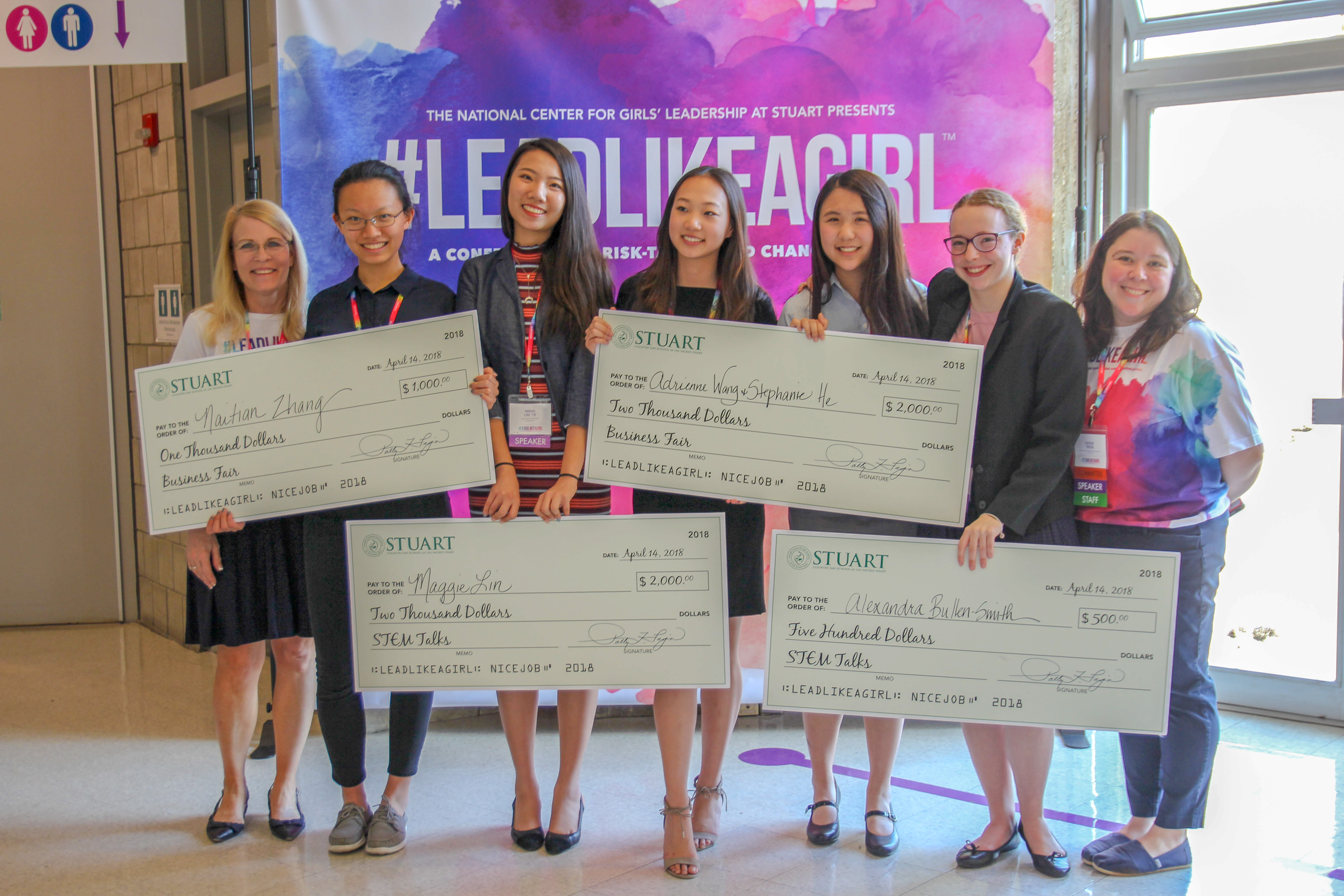Most girls are first taught how to save by banking their coins in a jar or piggy bank at the early age of five. While direct lessons from parents can help shape a child’s perception of money and finances, experts agree that the most effective education is through demonstration (Fast Company). According to a survey of 1,000 parents, respondents were more likely to teach their daughters fiscal restraint, while their sons were more likely to be taught about building wealth.
At a young age, differentiating “wants” and needs” can prove to be a difficult task. If not taught the basic fundamentals of finance, girls will fall behind in financial literacy. Writer for EDSurge, Dennis Duquette shares, “Three out of four young adults cannot answer basic financial questions.” Financial literacy expands beyond the ability to save for a large purchase but explores how to save for the unexpected, learn about investments, and secondary education.
Through the Stuart Institute of Finance and Economics (SIFE), it is our belief that economic concepts should be taught in elementary school. Students learn financial responsibility through goal setting, decision making, and community building, which all are incorporated into long-term finances. As educators, we must take on the responsibility to instill our future leaders with a fiscal mindset, these tools are especially important to young girls who will one day need to understand how to negotiate their salaries. In 2017 the Institute For Women’s Research found, “female full-time year-round workers made only 80.5 cents for every dollar earned by men, a gender wage gap of 20 percent.”
In a male-dominated world, and for some, in male-dominated fields, girls strongly benefit from single-gender programs. In efforts to close the impending wage gap of inequality, Stuart empowers young women with the confidence to manage a Fortune 500 balance sheet, or their own finances, by equipping them with the knowledge and skills needed to make positive financial choices for themselves and those around them. In fact, the National Coalition of Girls’ School states, “At girls’ schools, there are no glass ceilings and no assumptions about what girls like or prefer because no one is saying “that subject is for boys” or “that subject is too hard.” Financial capital and exploration can make a world of difference in a young person’s life, giving her the skill sets to confidently pursue her dreams without looming limitations.
At Stuart, our educators take pride in assisting young women with financial literacy by providing on-going financial programs through SIFE. If “money talks” then we need to start the conversation.
#LEADLIKEAGIRL: A Conference for Risk-Takers and Changemakers stands as an opportunity to unite girls in STEM, or as attendees like to think of it– an enriched educational experience for STEM girls to nerd out! #LEADLIKEAGIRL delivers unmatched female representation with inspiring speakers, workshops, and cash prize competitions. The mission works to not only mobilize but advance the access young women have to science, technology, engineering, and math-based exploration at an early age.
For more information about upcoming #LEADLIKEAGIRL programs, please visit, The National Center for Girls’ Leadership at Stuart.


